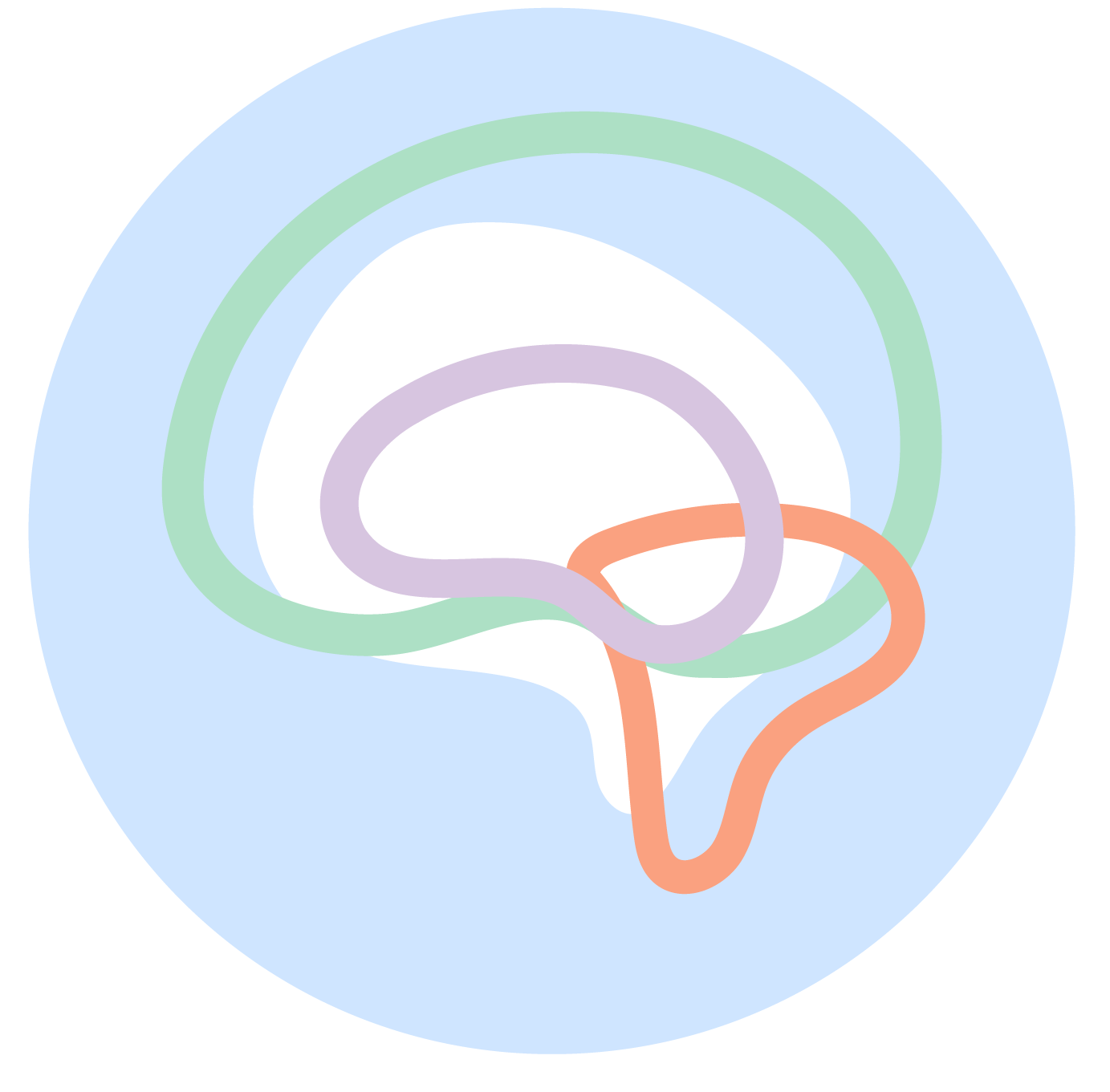The Relationship between Physical Health and Wellness
Although the mind and body are often viewed as being separate, mental and physical health are actually closely related. Good mental health can positively affect your physical health and vice versa. To have a healthy mind, physical health is the basic foundation and directly determines it.
We will take a deeper look at the two-way relationship between them in this blog post.
First, about the impact of physical health on mental health. We are alive because we have a body that always operates smoothly. In the body, the brain has the function of controlling all conscious and unconscious activities through the spinal cord, nerves and other parts. Thus, if there is a change in this physical basis, for example, an increase or decrease in hormones, a fast or slow heartbeat, it will lead to changes in the entire body and mind. Specifically, you feel restless, anxious, tired or excited, happy, and enthusiastic.
Second, in terms of the impact of mental health on physical health. From our positive or negative thoughts, the brain will secrete similar hormones that affect the functioning of the body and mood. For example, when you wake up and think about the things you have and feel grateful, your brain will secrete the hormone endorphin and help improve your mood all day. You will feel more energetic, inspired to study and exercise.
Therefore, we need to build good habits for both physical and mental health and identify bad habits to eliminate. Here are 3 mainly important habits to help you live better every day:
1.Get regular exercise.
Physical activity is a great way to keep you physically healthy as well as improving your mental wellbeing. Research shows that doing exercise releases feel-good chemicals called endorphins in the brain. Even a short burst of 10 minutes of brisk walking can improve your mental alertness, energy and mood.
Going for a leisurely walk or running, or activities like stretching and yoga, can also have huge benefits on your mind and body. Even doing housework like sweeping, mopping, or vacuuming can give you a mild workout.
One more thing, your new exercise plan has a better chance of success if you:
Choose an activity you like, or have enjoyed in the past, that suits your fitness levels and abilities
Start small – build up your activity gradually. Ideally, vary your activities so you don’t get bored
Write your plan in your diary or on your calendar, so it’s part of your schedule
Regularly revisit your exercise plans, and try something different if it’s not working out for you.
2. Eat well
Eating well can improve your wellbeing and your mood. A balanced diet is one that includes healthy amounts of proteins, essential fats, complex carbohydrates, vitamins, minerals and water.
The food we eat can influence the development, management and prevention of numerous mental health conditions including depression and dementia. Consider working with a qualified nutritionist or your parents to help you create a diet plan customized according to your needs.
Limit processed foods and foods with harmful ingredients such as fast food, greasy foods, too spicy or too salty, too sweet, etc. Don't forget that carbonated drinks, high in sugar and caffeine are also not good for your health and can accumulate harmful substances over time.
When you feel like snacking, replace it with fruits, juices, and other healthy, homemade foods. Make it a habit to drink water regularly and juices every day to keep you alert and full of vitamins.
Do not use your phone, watch TV while eating or do anything else while eating. This will disrupt your digestion. Eat at the table with family or friends. This will help you eat slowly, mindfully and have a good time.
3. Get enough sleep
A good night’s sleep is around eight to ten hours. You can also take a 30-minute nap during the day to feel more alert.
Getting enough sleep can help you: get sick less often; stay at a healthy weight; lower your risk for serious health problems, like diabetes and heart disease; reduce stress, improve your mood, and get along better with people; think more clearly, form long-term memories, and do better in school and at work.
Thus, go to bed early and wake up on time in the morning. Do not use a smartphone on the bed, it will make you awake. It’s also advised to stop using your smart car at least one hour before bed.
If you're having trouble sleeping, try making changes to your routine to get the sleep you need. You may want to:
Change what you do during the day — for example, get your physical activity in the morning instead of at night
Create a comfortable sleep environment — for example, make sure your bedroom is dark and quiet
Set a bedtime routine — for example, go to bed at the same time every night
Try relaxation techniques — for example, meditation, deep breathing, and focusing your thoughts can all help when you are feeling stressed.
As you can see, although getting regular exercise, eating well, and getting enough sleep habits are very basic, they have a direct and huge impact on your mental and physical health. Let's build good habits and a healthy lifestyle together.




